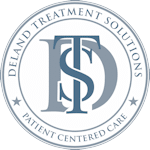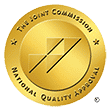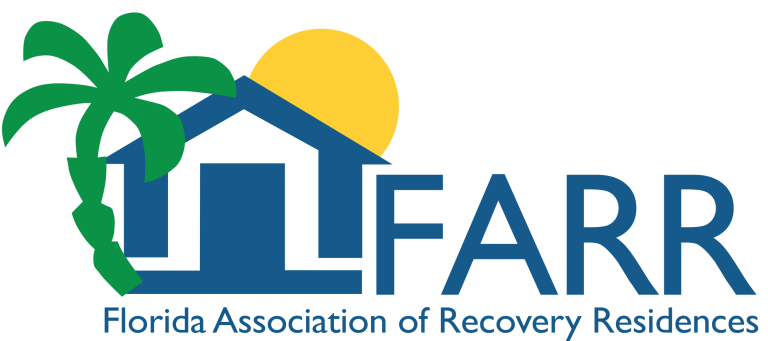The process of choosing therapeutic help becomes complicated since multiple options exist for different needs. The number of available therapy options requires knowledge about distinct treatment methods to choose the best approach. The choice of therapy matters extensively when dealing with mental health problems or developing yourself or maintaining healthy relationships because it influences your path to wellness.
The subsequent text will analyze Acceptance and Commitment Therapy (ACT) and Cognitive Behavioral Therapy (CBT) in addition to Dialectical Behavior Therapy (DBT), Behavioral Therapy, Individual Therapy, Group Therapy, Family Therapy, and Holistic Therapy. Your specific needs and goals determine which therapy approach will be most beneficial among multiple options.
1. Acceptance and Commitment Therapy (ACT)
Mindfulness-based behavioral therapy, Acceptance and Commitment Therapy (ACT), helps patients to embrace their mental processes without struggling or concealing them. Within ACT, clients learn psychological flexibility through value-based behavior and dedicated action toward important changes. ACT works well to treat anxiety and depression alongside stress-related disorders.
2. Cognitive Behavioral Therapy (CBT)
Cognitive Behavioral Therapy (CBT) stands as the therapeutic method adopted worldwide for its extensive use. Through CBT patients learn to detect their unproductive thinking patterns, which leads to the adoption of productive mental frameworks. Evidence-based treatment through CBT has proven efficiency for various mental health diagnoses, which include depression alongside anxiety and PTSD. CBT addresses how thoughts affect emotions and behaviors thus it enables people to build coping strategies for lasting wellness.
Support is available—you've taken the first step by starting your research.
Lorem ipsum dolor sit amet, consectetur adipiscing elit. Ut elit tellus, luctus nec ullamcorper mattis, pulvinar dapibus leo.
You can also start by checking your insurance coverage online.
3. Dialectical Behavior Therapy (DBT)
The specialized CBT approach named Dialectical Behavior Therapy (DBT) exists to help people dealing with severe emotional responses and self-harm behaviors. DBT consists of four fundamental components, which include mindfulness as well as emotional control and distress management, and interpersonal abilities. DBT originated for treating people with borderline personality disorder, though it helps the same population alongside substance users and people with eating disorders and those who self-harm.
Contact Solutions Healthcare
Battling with Drug and Alcohol Addition? Remember, you are not alone and we are here to help you!
4. Behavioral Therapy
Behavioral Therapy achieves behavior modification by applying reinforcement methods and training techniques. Behavioral Therapy finds specific use in the treatment of phobias alongside obsessive-compulsive disorder (OCD) and behavioral problems that affect children. Exposure to progressively increasing triggers combined with positive reinforcement allows Behavioral Therapy to establish better reactions to feared situations for clients.
5. Individual Therapy
A therapist delivers personal treatment to one client at a time during individual therapy sessions. A customized approach to therapy works well for clients who choose an individual setting. The type of approach used in Individual Therapy depends on the needs and goals of the client and can include CBT, ACT, and psychodynamic therapy.
6. Group Therapy
Group Therapy is an approach where various participants dealing with the same troubles function together with a therapist’s supervision. The group format enhances peer assistance while developing social abilities and delivering unique ideas about mutual concerns. Group Therapy delivers optimal results to people who suffer from addiction and deal with grief or experience trauma or social anxiety since it decreases experiences of loneliness.
7. Family Therapy
Family Therapy helps families improve dialogue as well as resolve conflicts that exist within their relationships. The therapy helps families confront stress and addiction problems and mental health challenges. Addressing underlying issues together with the creation of understanding in Family Therapy builds stronger relationships while developing healthier family settings.

8. Holistic Therapy
Traditional therapeutic practices mix with alternative healing methods, which include meditation, yoga, and acupuncture, together with nutrition counseling and therapy. The therapeutic model pursues care of both mind and body and spiritual aspects as interrelated components of wellness. The holistic therapy provides an integrated system that helps people achieve full mental health and personal advancement.
Choosing the Right Therapy for You
The selection of therapy type depends on three main elements,, which include issue category and individual choice alongside therapeutic objectives. Several choice determinants exist for various therapy types, so keep the following factors in mind.
- When making your therapy selection, do you prefer encounters with one therapist or sessions with multiple clients?
- If your therapy needs follow either a clear goal-directed system, such as CBT, or the mindfulness-based approach of ACT.
- If you want help with emotional regulation alongside distress tolerance abilities, then DBT will be appropriate for you.
- You need therapeutic help because you aim to grow personally or want assistance with relationships or family groups.
- Which style of treatment would work best for you if it includes holistic practices with alternative healing methodologies?
Final Thoughts
The use of therapy serves as an effective method for bettering mental health and aiding individual development and strengthening complete wellness. You will find success in one of the several therapies, including Acceptance and Commitment Therapy (ACT), Cognitive Behavioral Therapy (CBT), Dialectical Behavior Therapy (DBT), Behavioral Therapy, Individual Therapy, Group Therapy, Family Therapy, or Holistic Therapy, by selecting the approach that fits your individual needs.

Seeking help from an experienced therapist will guide you toward selecting the appropriate therapy solution. The professional team at DeLand Treatment Solutions remains committed to helping patients achieve mental and emotional health.
Come reach out now by dialing (386) 866-8689 to launch your path toward improved mental and emotional wellness.





























